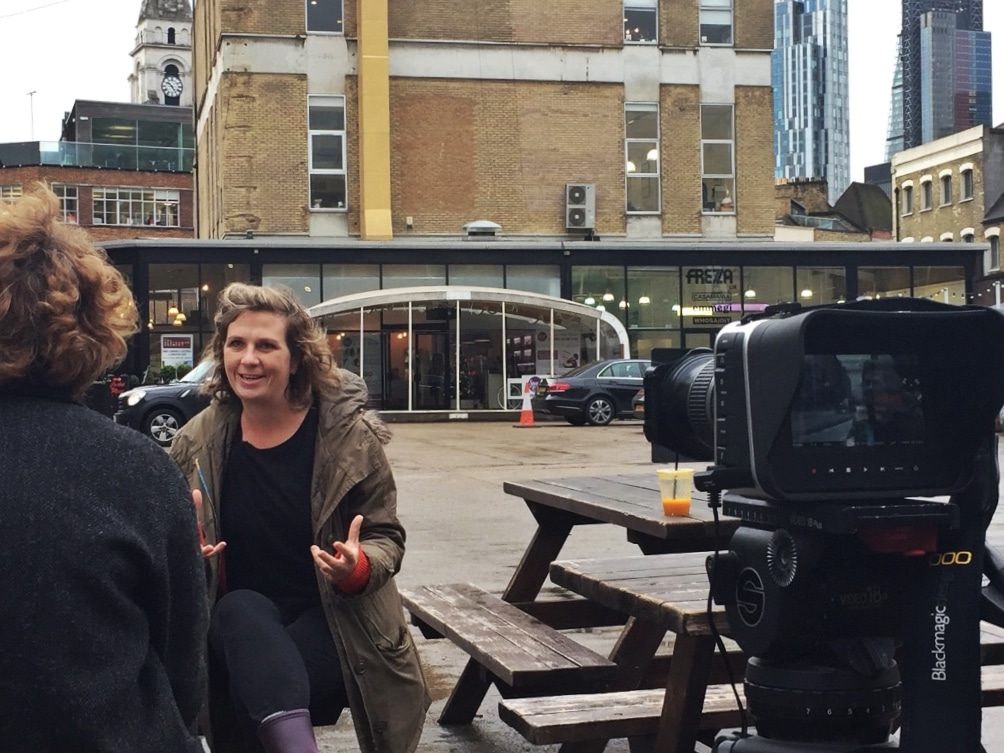Trusting experts is easier to do when we feel like we can relate to them, when they are more accessible and closer to our level of thinking. This doesn’t mean that we wish them to be at our level of expertise, because why then would we need experts? What we need is an understanding of what the experts are actually saying.
Specifically, the language used when addressing facts or issues matters. Brexit provides an illustrative example: LEAVE proponents produced simple, easy-to-latch-onto soundbites; STAY proponents introduced more complicated messages. In the end, the debate was won by the swift slogans of the former.
While concepts like “net migration at zero” or “net economic benefit” are correct and necessary to good policy, “no more migration than before” or “no burden” may be more effective phrases. Because they are more widely understood.
Relatedly, expertise doesn’t always connect with the most acute public concerns. It’s important to start with the “big questions” and probe further.
Experts are bearers of important information – important to the functioning of a democratic society that thrives on an availability of accurate information, so that the best decisions can be made, for all. The trick is to get this information to the population around which and through which democracy functions. Many experts are eager to rise to this task, adapting to a broad audience of the curious.
Yet some hesitancy on the part of the experts is understandable. Divisive political debates such as Brexit can put experts in a position that both alienates and distorts what they mean to say. When the so-called experts support a position unpopular to many, it’s no wonder that the reaction is to call them irrelevant. The Brexit campaign did precisely this. Michael Gove, the UK’s justice secretary and leader of the LEAVE campaign, told an interviewer on a popular TV program that the British people “have had enough of experts.” There you have it.
It’s not helpful to dismiss a dismissal of the experts, however. This only stokes flames. More engagement with the concerns of the population, validating their questions and posing them to straight-talking scholars, can re-build some of this trust.
So, what are our experts saying and how are they saying it? Keep up with us to find out.
